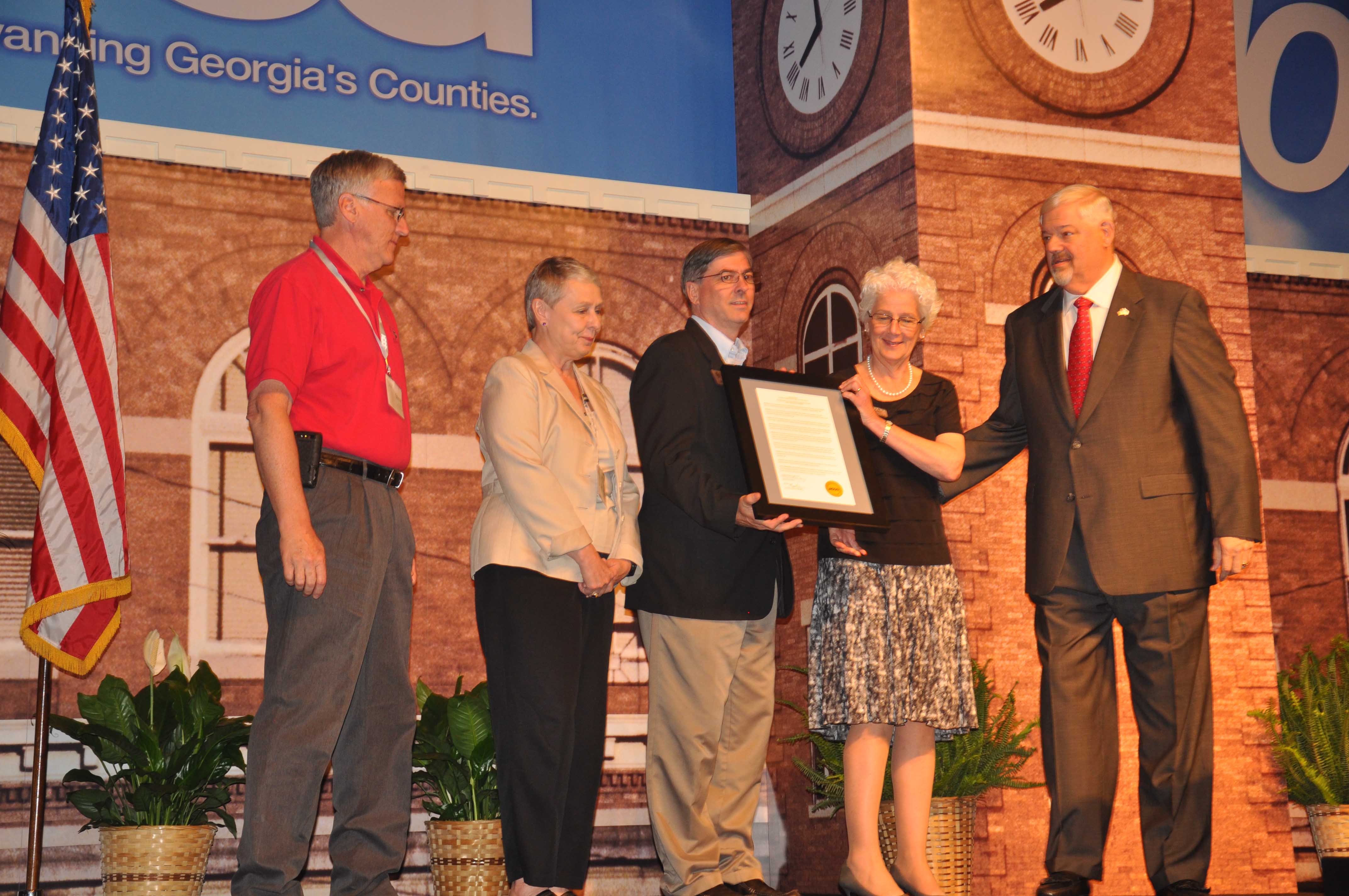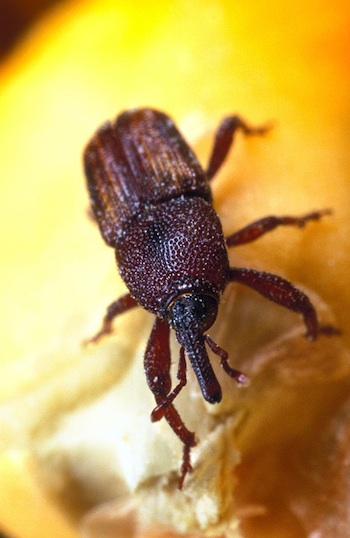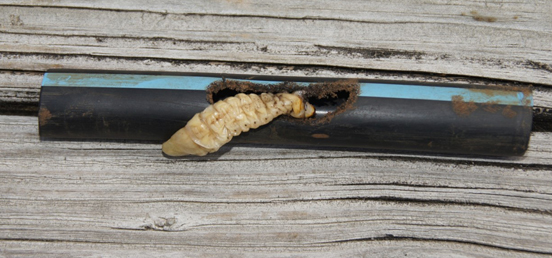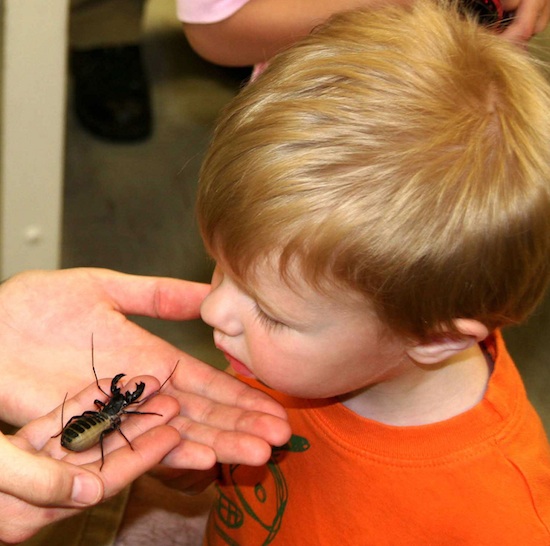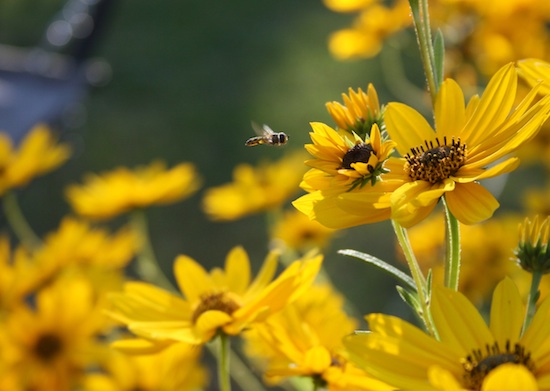 CAES News
CAES News
Attracting Pollinators
A butterfly and container garden workshop will be offered Wednesday, May 28 from 9 a.m. until noon at the University of Georgia Research and Education Garden off Ellis Road in Griffin.

